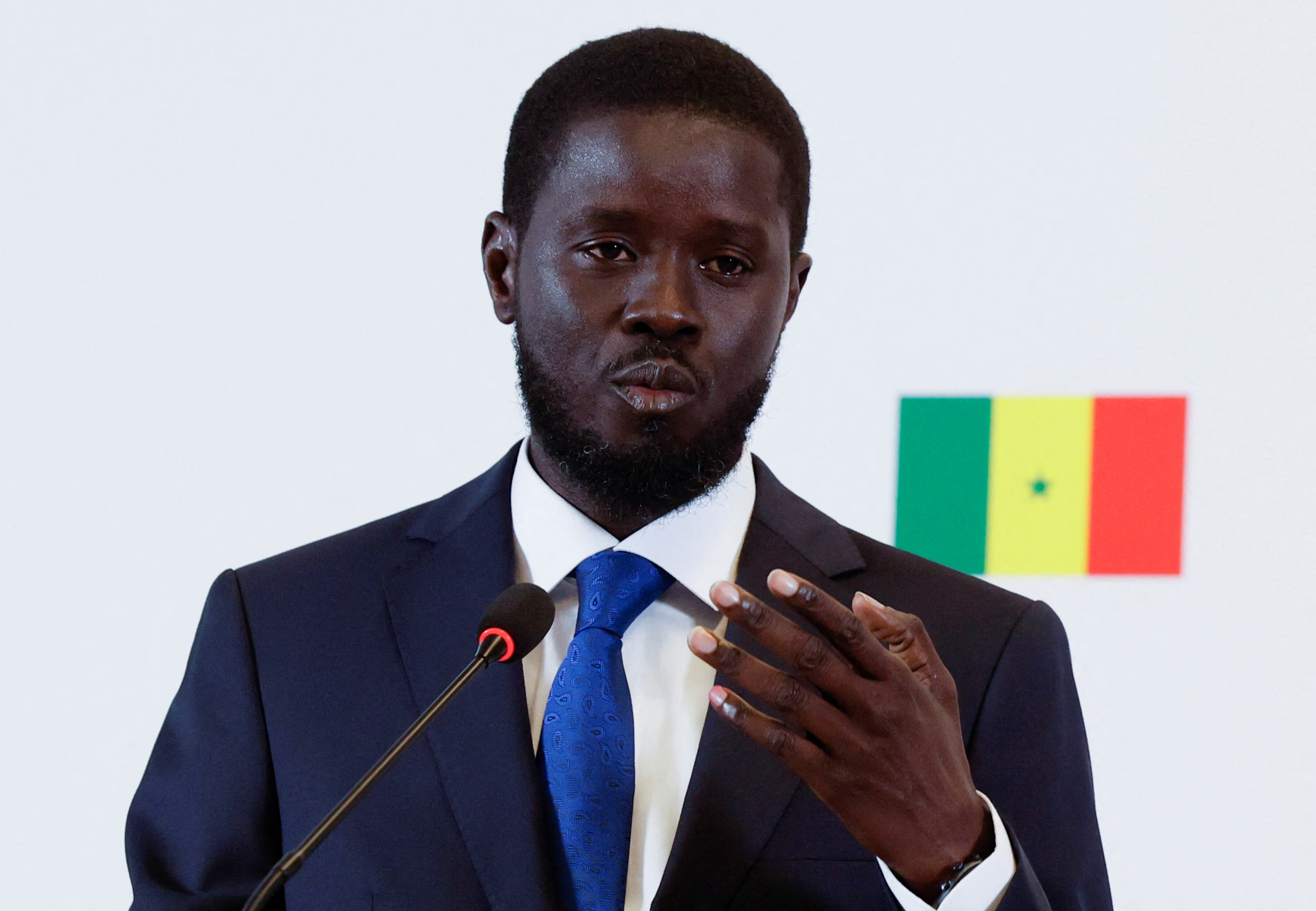Senegalese President Bassirou Diomaye Faye"s recent meeting with Donald Trump exemplifies a disturbing trend in international relations where flattery replaces substantive policy. During an encounter that could be mistaken for a promotional golf tour, Faye complimented Trump on his golf skills, suggesting an investment in a golf course in Senegal. Such gestures not only trivialize serious diplomatic discussions but also reveal a troubling vulnerability in our foreign policy.
Flattery as Foreign Policy
In a world where global challenges require strong, principled leadership, President Faye"s approach to courting Trump raises critical questions about the integrity of diplomatic engagement. As reported by USA Today, Faye lauded Trump as a "tremendous golf player," implying that shared interests in leisure activities could lead to lucrative tourism deals. This is a dangerous precedent; international relationships should be built on mutual respect, shared values, and strategic collaboration, not superficial pleasantries.
Ignoring Critical Issues in Favor of Golf Courses
While Faye"s comments may have momentarily amused Trump, they distract from pressing issues such as economic inequality, climate change, and human rights—areas where Senegal has made strides yet still faces significant challenges. Senegal is a beacon of stability in West Africa, and yet, it is alarming that its leader resorts to gimmicks rather than addressing the substantive issues that require U.S. investment and support. The idea of a golf course in Senegal might appeal to Trump’s sensibilities, but it does nothing to advance the critical needs of the Senegalese people.

Senegal top court confirms Faye"s election victory | Reuters
The Risks of a Weak Diplomatic Stance
This encounter is emblematic of a broader trend in Trump’s foreign policy: a willingness to accept flattery and superficial gestures as valid forms of diplomacy. As noted by experts, this approach can lead to miscalculations and missed opportunities for meaningful engagement. According to the U.S. State Department, Senegal has been a steadfast partner in promoting regional stability. Yet, if our diplomatic efforts continue to be reduced to golf courses and personal flattery, we risk undermining those partnerships.
Consequences for Civil Rights and Democratic Governance
As a former civil rights attorney, it is particularly concerning to witness how this kind of diplomacy neglects the importance of civil rights and democratic governance. Faye, who has transitioned from a political prisoner to president, symbolizes the struggle for democracy in Senegal. However, when interactions with world leaders are reduced to empty compliments, it diminishes the weight of his journey and the ongoing fight for human rights in his country. The implications are profound: ignoring civil rights in favor of personal gain sets a dangerous precedent that could resonate across international borders.

Why Trump’s golf course outings were of high concern for Secret Service ...
The Need for a Progressive Foreign Policy
In the face of these developments, it is imperative to advocate for a progressive foreign policy that prioritizes human rights, environmental sustainability, and social justice. A serious commitment to these values would encourage leaders like Faye to engage in meaningful dialogue about trade, investment, and support that truly benefits their countries. The United States must not only engage in discussions that are entertaining but must also hold itself accountable to the principles of democracy and human dignity.



![[Video] Gunfire between Iraqi security forces and Sadr militias in Baghdad](/_next/image?url=%2Fapi%2Fimage%2Fthumbnails%2Fthumbnail-1768343508874-4redb-thumbnail.jpg&w=3840&q=75)
